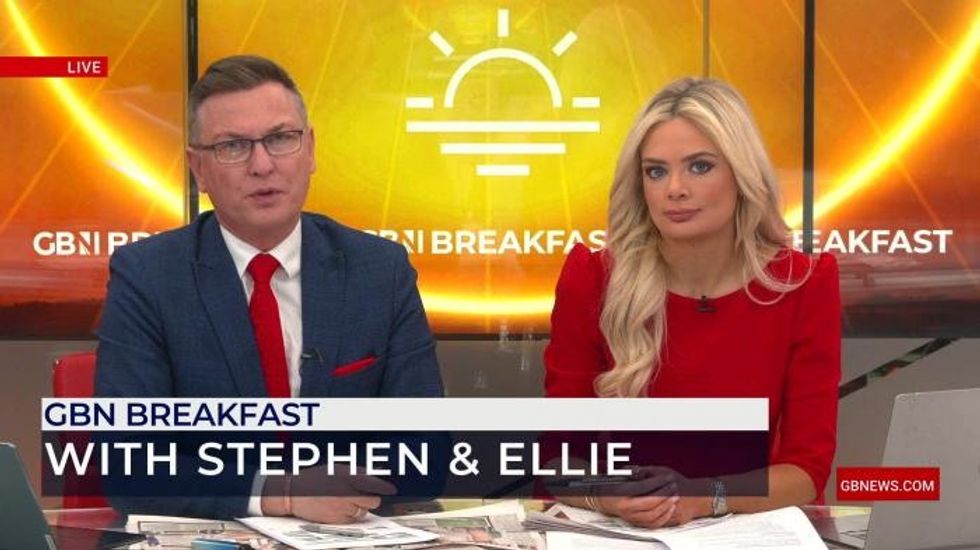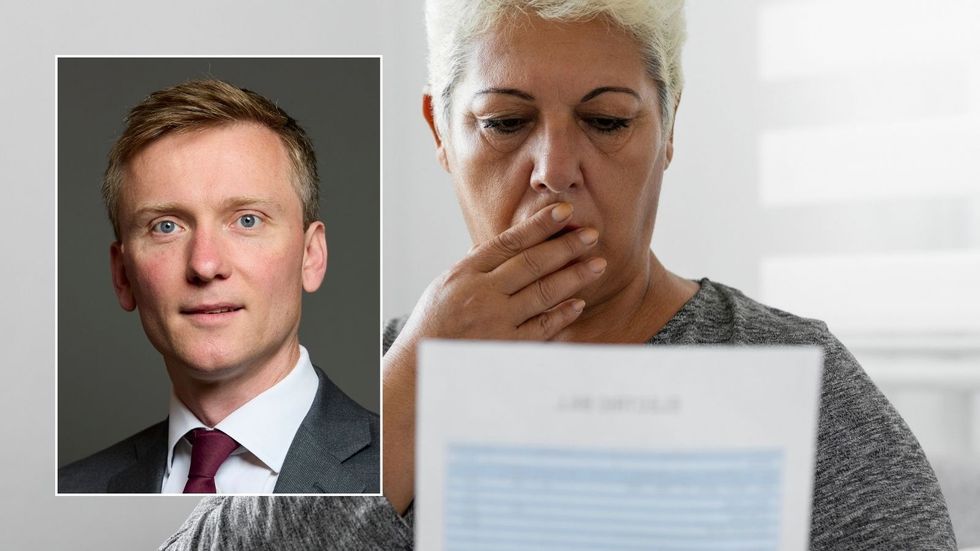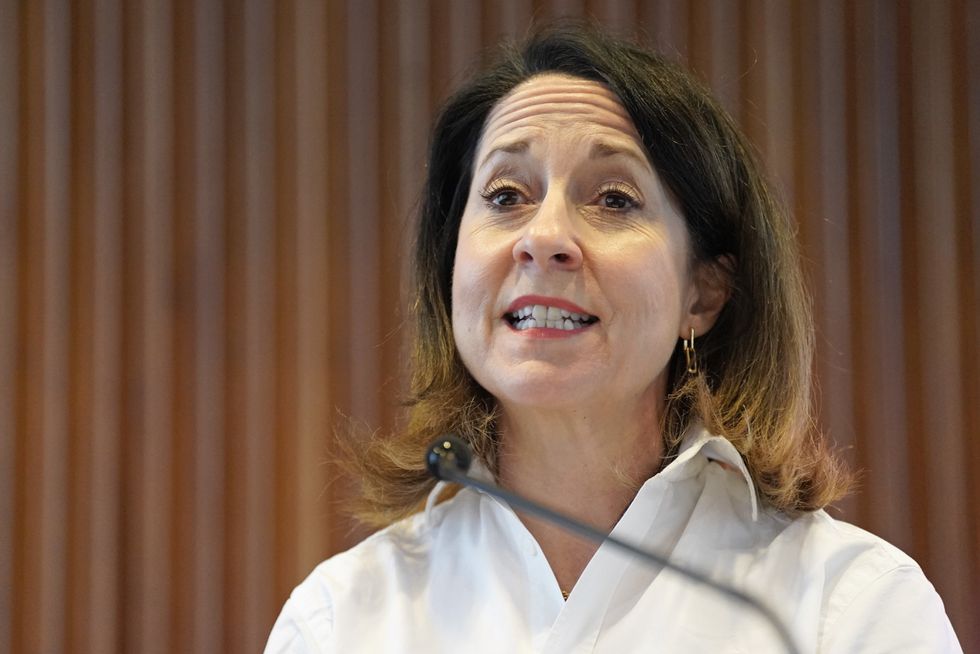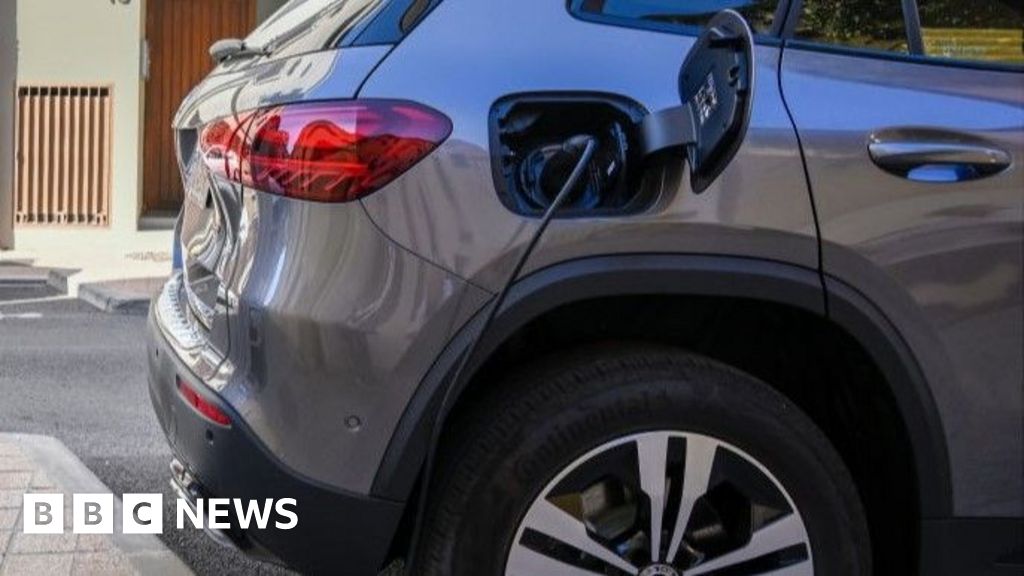State pension triple lock at risk as Labour urged to 'abandon' payment rise
Analysts are sounding the alarm that the state pension triple lock could be at risk as Labour struggles to address the issue of soaring welfare costs.The Government has committed to keeping the triple lock until the next general election in 2029, despite growing questions about its sustainability.Meanwhile, welfare spending continues to balloon, with forecasts predicting incapacity benefit claimants will hit 4.1 million by the end of the decade.The triple lock guarantees that the state pension rises each year by the highest of the Consumer Prices Index measure of inflation, wage rises and a 2.5 per cent floor.Until now, it has been widely regarded as untouchable in British politics but calls to reform have grown in recent months, despite Sir Keir's protestations that the policy will stay.Questions are being raised even in Conservative circles. In December, The Spectator suggested its time is up."At some point, a Government will have to be brave enough to abandon the triple lock on pensions," the magazine stated in an editorial.Labour's Pensions Minister Torsten Bell previously called the triple lock a "silly system" before entering office.Do you have a money story you’d like to share? Get in touch by emailing money@gbnews.uk.Furthermore, Labour is seen as the party of welfare claimants, with polling from YouGov showing 41 per cent see Labour as close to benefit recipients, compared to just 13 per cent for the Conservatives.This creates a political bind for the party when considering reforms, according to political analysts.It is only since March 2025 that more Labour voters backed defence over welfare spending (28 per cent to 15 per cent). This voter base, alongside unions and the party's activist base, forms a critical segment of Labour's coalition.Since coming into power, Labour has unveiled sweeping changes to the Department for Work and Pensions (DWP), including a clampdown on disability benefits. Since the pandemic, disability benefit claims have soared dramatically across Britain. In England and Wales alone, an additional million working-age adults now receive disability payments.This brings the total to 2.9 million, representing 7.5 per cent of the population. Mental health conditions have become the leading cause, accounting for 44 per cent of these claims — up from just 25 per cent two decades ago.LATEST DEVELOPMENTS:State pension 'scandal' as thousands underpaid £800m - are you eligible for DWP payment boost?State pension boost: Thousands get back payments up to £11,725 - full list of those affectedState pension at risk as 700k families face 'consequences' from not applying for Child BenefitThe Institute for Fiscal Studies (IFS) notes that mental ill-health alone explains over half of the recent increase in claimants. Despite Labour's cuts to Personal Independence Payments of around £5billion, welfare spending is set to increase by £13billion.This will bring the total to nearly £50billion since 2019. Labour's recent welfare trims have already sparked immediate backlash from within its own ranks.Labour MPs, activists, and union leaders have condemned the cuts as a betrayal of party values.As one commentator noted: "Labour is taking the political pain of cutting welfare without reducing the bill." The party is reportedly planning to publish its long-awaited child poverty strategy shortly before key votes.

Analysts are sounding the alarm that the state pension triple lock could be at risk as Labour struggles to address the issue of soaring welfare costs.
The Government has committed to keeping the triple lock until the next general election in 2029, despite growing questions about its sustainability.
Meanwhile, welfare spending continues to balloon, with forecasts predicting incapacity benefit claimants will hit 4.1 million by the end of the decade.
The triple lock guarantees that the state pension rises each year by the highest of the Consumer Prices Index measure of inflation, wage rises and a 2.5 per cent floor.

Until now, it has been widely regarded as untouchable in British politics but calls to reform have grown in recent months, despite Sir Keir's protestations that the policy will stay.
Questions are being raised even in Conservative circles. In December, The Spectator suggested its time is up.
"At some point, a Government will have to be brave enough to abandon the triple lock on pensions," the magazine stated in an editorial.
Labour's Pensions Minister Torsten Bell previously called the triple lock a "silly system" before entering office.
Do you have a money story you’d like to share? Get in touch by emailing money@gbnews.uk.

Furthermore, Labour is seen as the party of welfare claimants, with polling from YouGov showing 41 per cent see Labour as close to benefit recipients, compared to just 13 per cent for the Conservatives.
This creates a political bind for the party when considering reforms, according to political analysts.
It is only since March 2025 that more Labour voters backed defence over welfare spending (28 per cent to 15 per cent). This voter base, alongside unions and the party's activist base, forms a critical segment of Labour's coalition.
Since coming into power, Labour has unveiled sweeping changes to the Department for Work and Pensions (DWP), including a clampdown on disability benefits.
Since the pandemic, disability benefit claims have soared dramatically across Britain. In England and Wales alone, an additional million working-age adults now receive disability payments.
This brings the total to 2.9 million, representing 7.5 per cent of the population. Mental health conditions have become the leading cause, accounting for 44 per cent of these claims — up from just 25 per cent two decades ago.
LATEST DEVELOPMENTS:
- State pension 'scandal' as thousands underpaid £800m - are you eligible for DWP payment boost?
- State pension boost: Thousands get back payments up to £11,725 - full list of those affected
- State pension at risk as 700k families face 'consequences' from not applying for Child Benefit

The Institute for Fiscal Studies (IFS) notes that mental ill-health alone explains over half of the recent increase in claimants. Despite Labour's cuts to Personal Independence Payments of around £5billion, welfare spending is set to increase by £13billion.
This will bring the total to nearly £50billion since 2019. Labour's recent welfare trims have already sparked immediate backlash from within its own ranks.
Labour MPs, activists, and union leaders have condemned the cuts as a betrayal of party values.
As one commentator noted: "Labour is taking the political pain of cutting welfare without reducing the bill." The party is reportedly planning to publish its long-awaited child poverty strategy shortly before key votes.







































